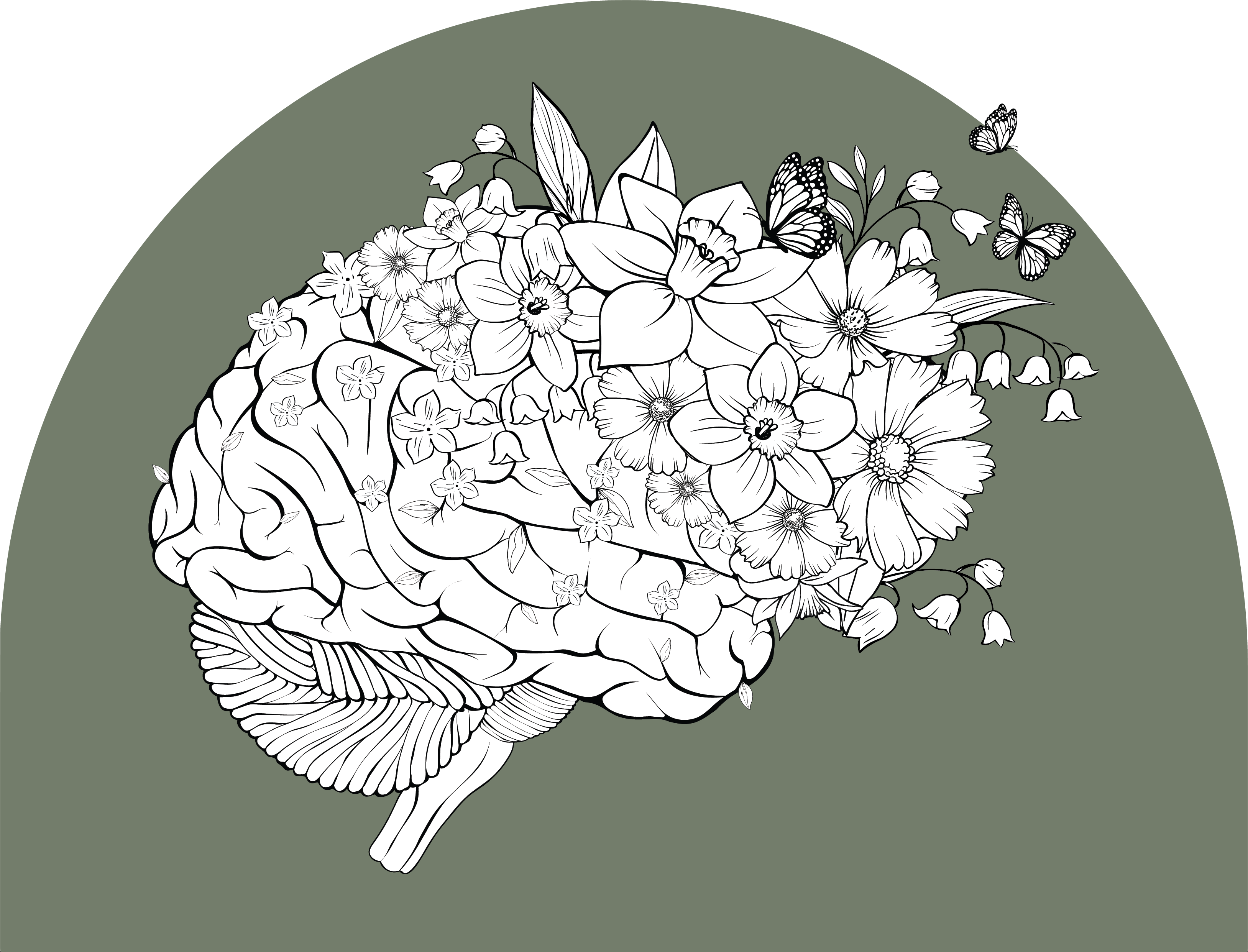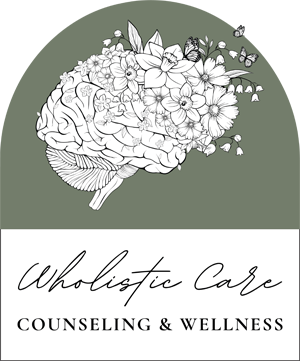Understanding the Link Between Nutrition and Mental Health
Integrative nutrition examines the vital connection between dietary intake and mental health. Nutritional imbalances can significantly impact mental well-being, and addressing these through targeted dietary strategies can lead to substantial improvements. Research has shown that deficiencies in essential nutrients, such as vitamins, minerals, and fatty acids, can contribute to the development and exacerbation of mental health disorders.

Key Nutrients for Mental Health
Omega-3 Fatty Acids
Omega-3 fatty acids, found in fish oil and certain plant oils, are crucial for brain function. They play a significant role in reducing inflammation and supporting neurotransmitter function, which can alleviate symptoms of depression and anxiety.
B Vitamins
B vitamins, particularly B6, B9 (folate), and B12, are essential for cognitive function and emotional regulation. They help produce and regulate neurotransmitters, including serotonin and dopamine, which are critical for mood stabilization.
Magnesium
Magnesium is a vital mineral involved in over 300 biochemical reactions in the body. It helps regulate the nervous system and has been linked to reduced anxiety and improved sleep quality. Magnesium-rich foods include leafy greens, nuts, seeds, and whole grains.
Zinc
Zinc is another essential mineral that supports brain health. It plays a role in neurogenesis and synaptic plasticity, processes that are crucial for learning and memory. Zinc deficiency has been associated with increased levels of depression and anxiety.
Vitamin D
Vitamin D, often referred to as the "sunshine vitamin," is critical for brain health. It supports the production of serotonin, a neurotransmitter that influences mood. Adequate levels of vitamin D can help prevent depression and other mood disorders.
The Gut-Brain Connection
The gut-brain axis is a bidirectional communication system between the gastrointestinal tract and the brain. This connection highlights the importance of gut health in maintaining mental well-being. The gut microbiota, composed of trillions of bacteria, influences brain function through various pathways, including the production of neurotransmitters and the modulation of the immune system.
Probiotics and Prebiotics
Probiotics are beneficial bacteria that support gut health, while prebiotics are non-digestible fibers that feed these bacteria. Incorporating probiotic-rich foods like yogurt, kefir, and fermented vegetables, along with prebiotic foods such as garlic, onions, and bananas, can enhance gut health and, consequently, mental health.

Dietary Strategies for Mental Wellness
Balanced Diet
A balanced diet that includes a variety of nutrient-dense foods is fundamental for mental health. Emphasize whole foods, such as fruits, vegetables, lean proteins, whole grains, and healthy fats, while minimizing processed and sugary foods.
Mindful Eating
Mindful eating involves paying attention to the body's hunger and satiety cues, as well as the sensory experience of eating. This practice can reduce stress, improve digestion, and enhance overall mental well-being.
Hydration
Adequate hydration is crucial for brain function. Dehydration can lead to cognitive impairments and mood disturbances. Aim to drink at least eight glasses of water daily and include hydrating foods like fruits and vegetables in your diet.
Lifestyle Factors Complementing Nutrition
Regular Physical Activity
Exercise is a powerful tool for improving mental health. It boosts endorphin levels, reduces stress, and enhances overall mood. Aim for at least 30 minutes of moderate exercise most days of the week.
Quality Sleep
Sleep is essential for mental and physical health. Establish a regular sleep routine, create a restful environment, and aim for 7-9 hours of sleep per night to support optimal brain function.
Stress Management
Chronic stress can negatively impact mental health. Incorporate stress management techniques such as meditation, deep breathing exercises, and yoga into your daily routine to promote relaxation and emotional resilience.






